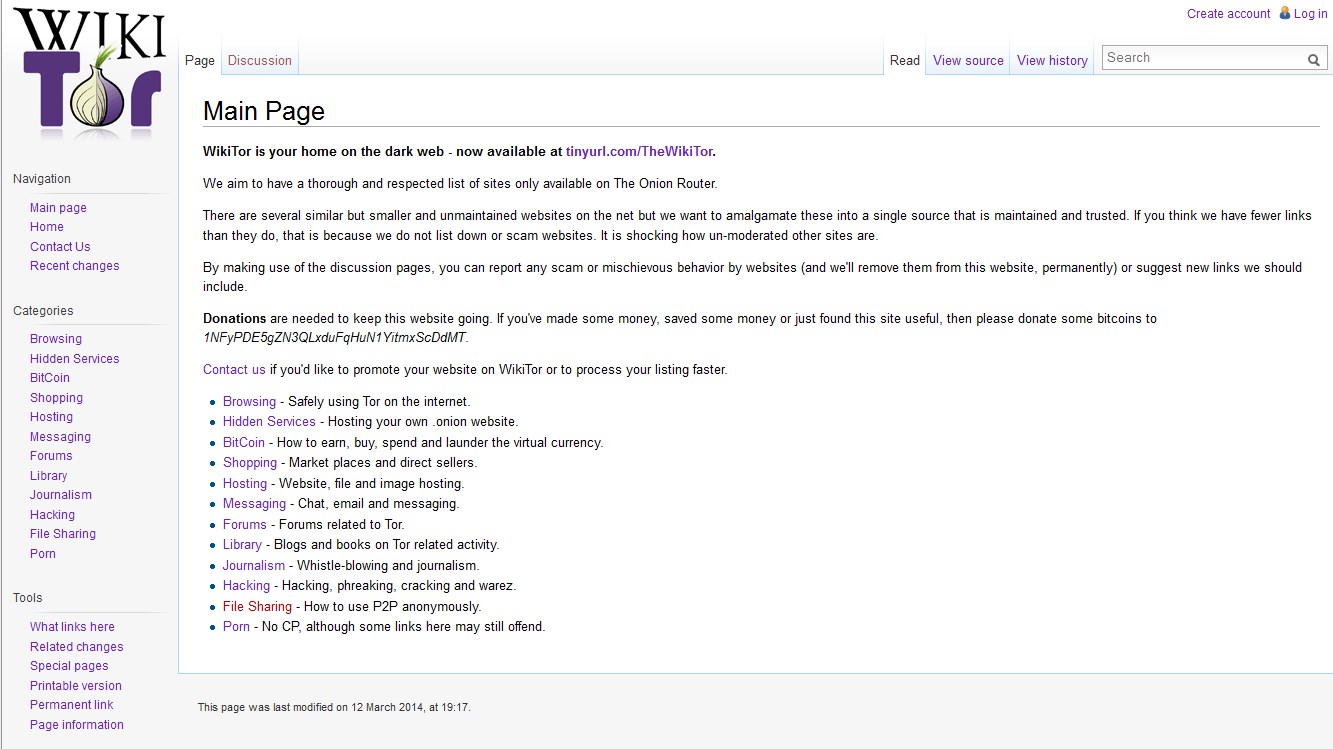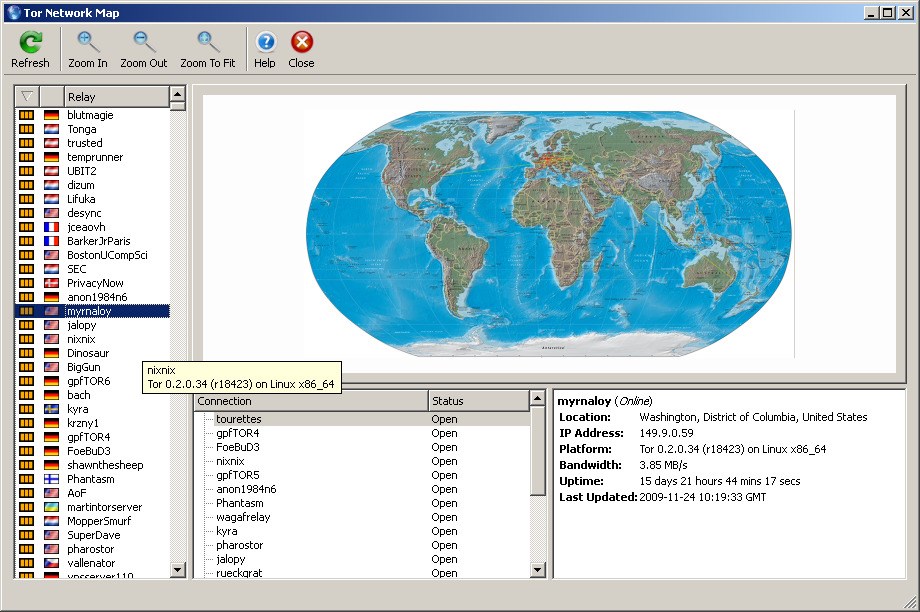

The defendant Tor Project is a Massachusetts non-profit organization responsible for maintaining the software underlying the Tor browser. However, the Tor Network is also used as a forum and online bazaar for illicit activities and hidden services (known as the “dark web”). Many people and organizations use the Tor Network for legal purposes, such as for anonymous browsing by privacy-minded users, journalists, human rights organizations and dissidents living under repressive regimes. The Tor browser masks a user’s true IP address by bouncing user communications around a distributed network of relay computers, called “nodes,” which are run by volunteers around the world. Thus, the Tor Network attempts to provide anonymity protections both to operators of a hidden service and to visitors of a hidden service.

The Tor Network allows users to access the internet anonymously and allows some websites to operate only within the Tor network. Naval Research Laboratory for secure communications and is now freely available for anyone to download from the Tor website. The Onion Router, or “Tor” Network, was originally created by the U.S. Tor argued that the claims against it should be barred by CDA immunity and the district court agreed. The parents of the child sued, among others, Tor as the service provider through which the teenager was able to order the drug on the dark web. The claims were asserted against Tor following an incident where a minor died after taking illegal narcotics purchased from a site on the “dark web” on the Tor Network. (“Tor”), the organization responsible for maintaining the Tor Browser, from claims for strict product liability, negligence, abnormally dangerous activity, and civil conspiracy. §230 (“CDA”) shields The Tor Project, Inc. The District of Utah ruled in late May that Section 230 of the Communications Decency Act, 47 U.S.C.


 0 kommentar(er)
0 kommentar(er)
